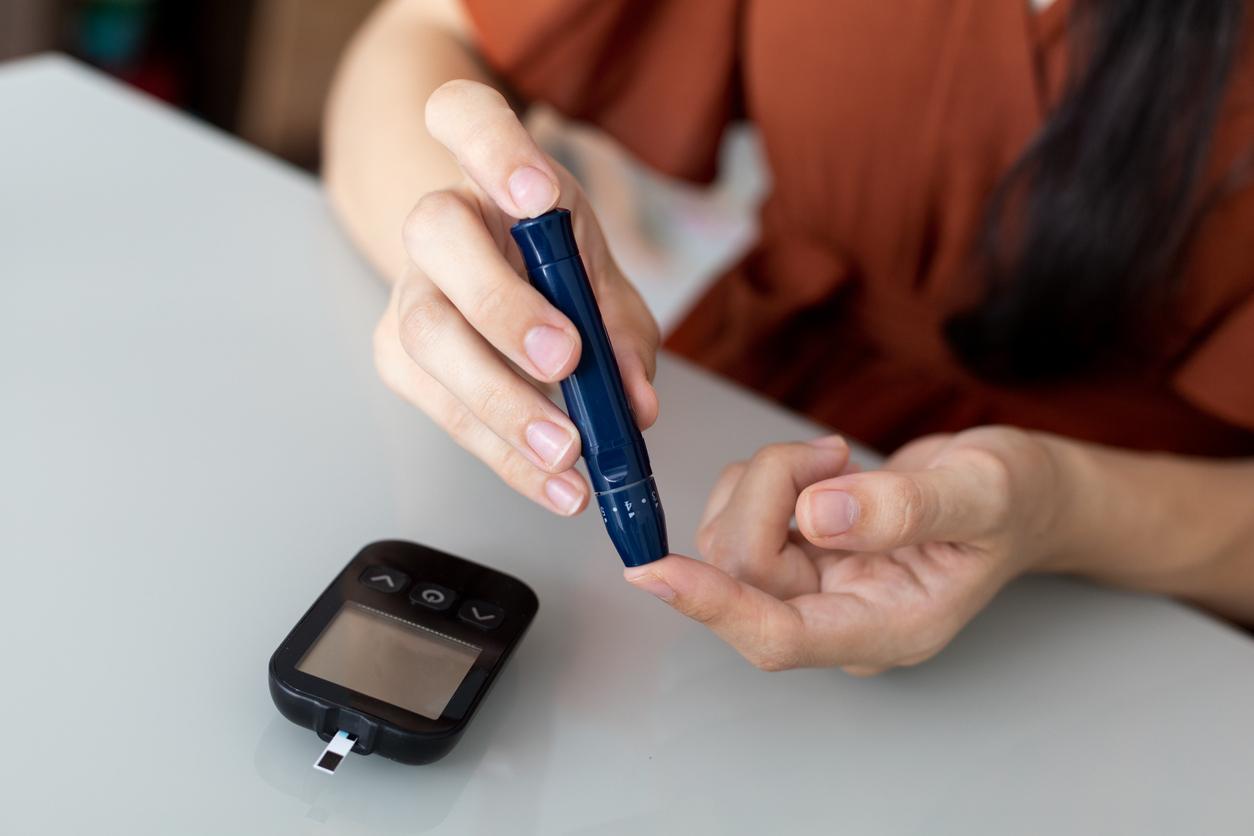Starting menstruation at a young age is linked to an increased risk of developing type 2 diabetes in midlife.

- In general, the first period occurs around the age of thirteen.
- Women who had them before the age of 13 have a greater risk of developing type 2 diabetes.
- In diabetic patients, earlier age of first menstruation, 10 years or younger, was linked to the occurrence of stroke.
When the first period appears between the ages of 10 and 15, it is considered normal. They generally occur around the age of thirteen. However, in recent years, health professionals have found that the age at which girls start menstruating is decreasing around the world. Indeed, in the case of early puberty, menstruation can occur even before the age of 8. In a new study, researchers from the Tulane University School of Public Health and Tropical Medicine found that having a younger age at the time of your first period was linked to an increased risk of diabetes.
Women with their first period before age 13 are more likely to have diabetes
In order to reach this conclusion, scientists carried out work in which they examined the link between the age of menarche and type 2 diabetes in women aged under 65 and the complications of cardiovascular disease in women. diabetic patients. To do this, they used data from a national survey of 17,377 people aged 20 to 65, all of whom specified the age at which they had their first menstruation. Participants were classified into the following categories: 10 years or less, 11 years, 12 years, 13 years, 14 years and 15 years and over. In total, 1,773 volunteers declared a diagnosis of type 2 diabetes. Among them, 205 declared some type of cardiovascular disease.
According to the results, published in the journal BMJ Nutrition Prevention & Health, early menstruation, before age 13, was linked to an increased risk of type 2 diabetes, after taking into account several factors, including age, ethnicity, education, motherhood, menopausal status and family history of diabetes, smoking, physical activity, alcohol consumption, and weight (BMI). The increase in diabetes prevalence ranged from 32% (10 years or younger) to 29% (12 years) to 14% (11 years). Among diabetic women, early age of first menstruation, 10 years or less, was associated with the occurrence of stroke but not with overall cardiovascular disease.
Diabetes, stroke, early periods: the cause of estrogen?
“The earlier age (of first menstruation) could be one of the early indicators of the trajectory of cardiometabolic diseases in women. (…) One of the possible explanations is that these women are exposed to estrogens during longer periods”, explained the authors in a statement. The team also believed that adiposity could play a role in the observed link between early periods and stroke complications, “given that high adiposity during childhood is associated with earlier age of menstruation and cardiometabolic diseases later in life.”

















